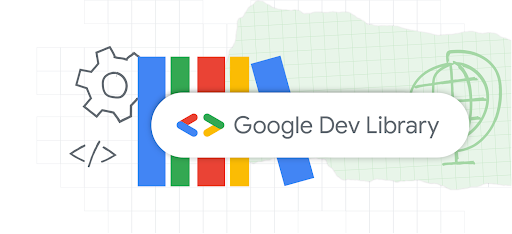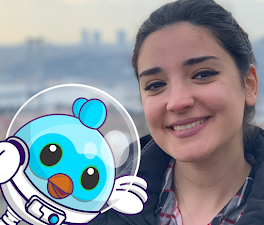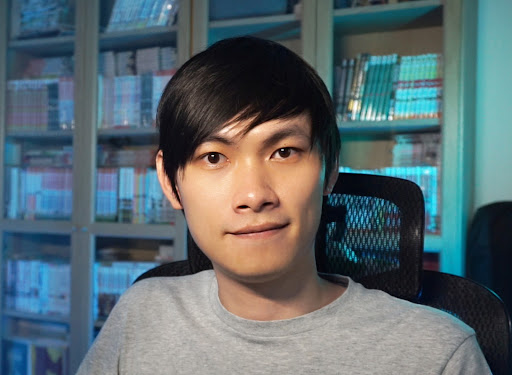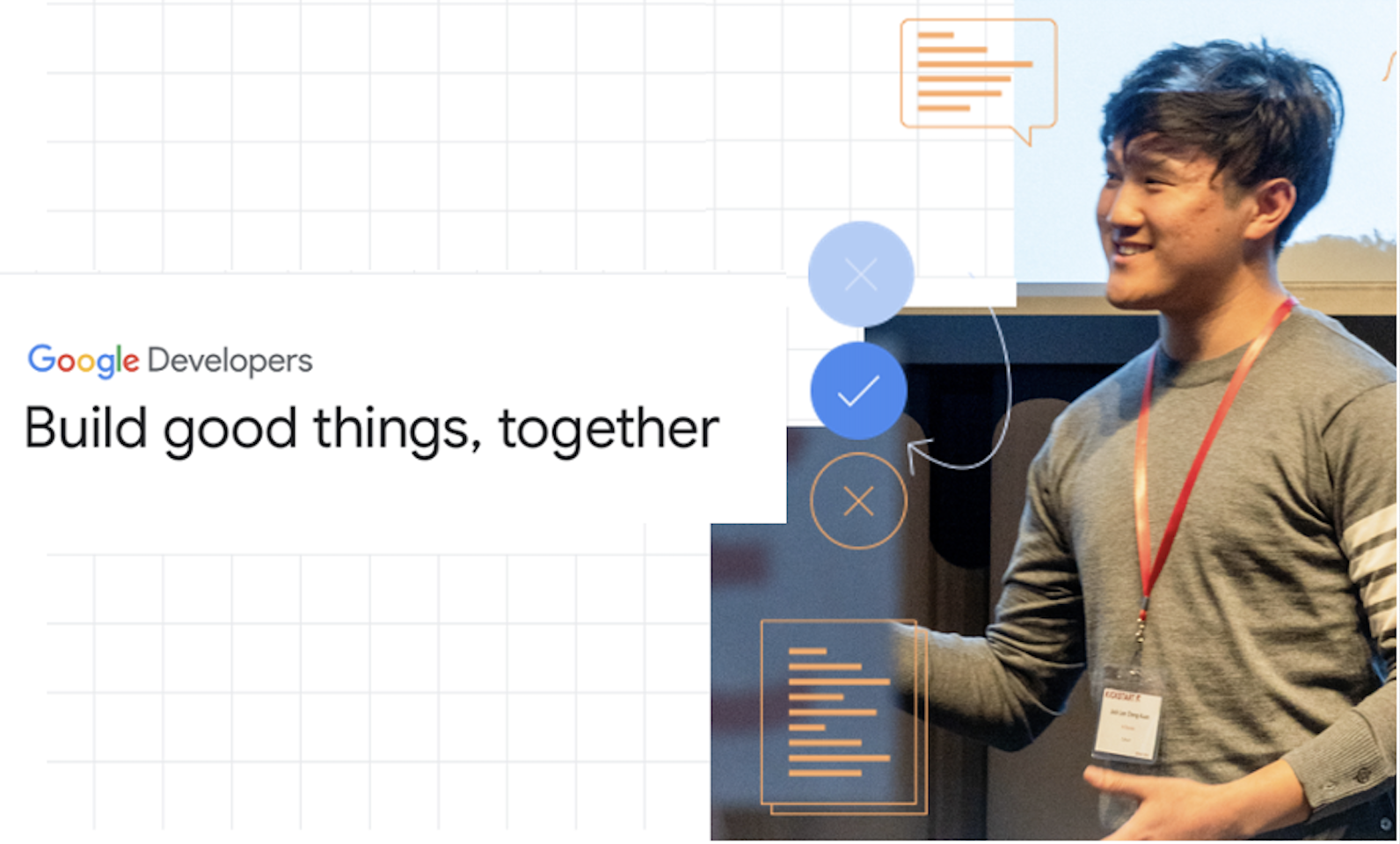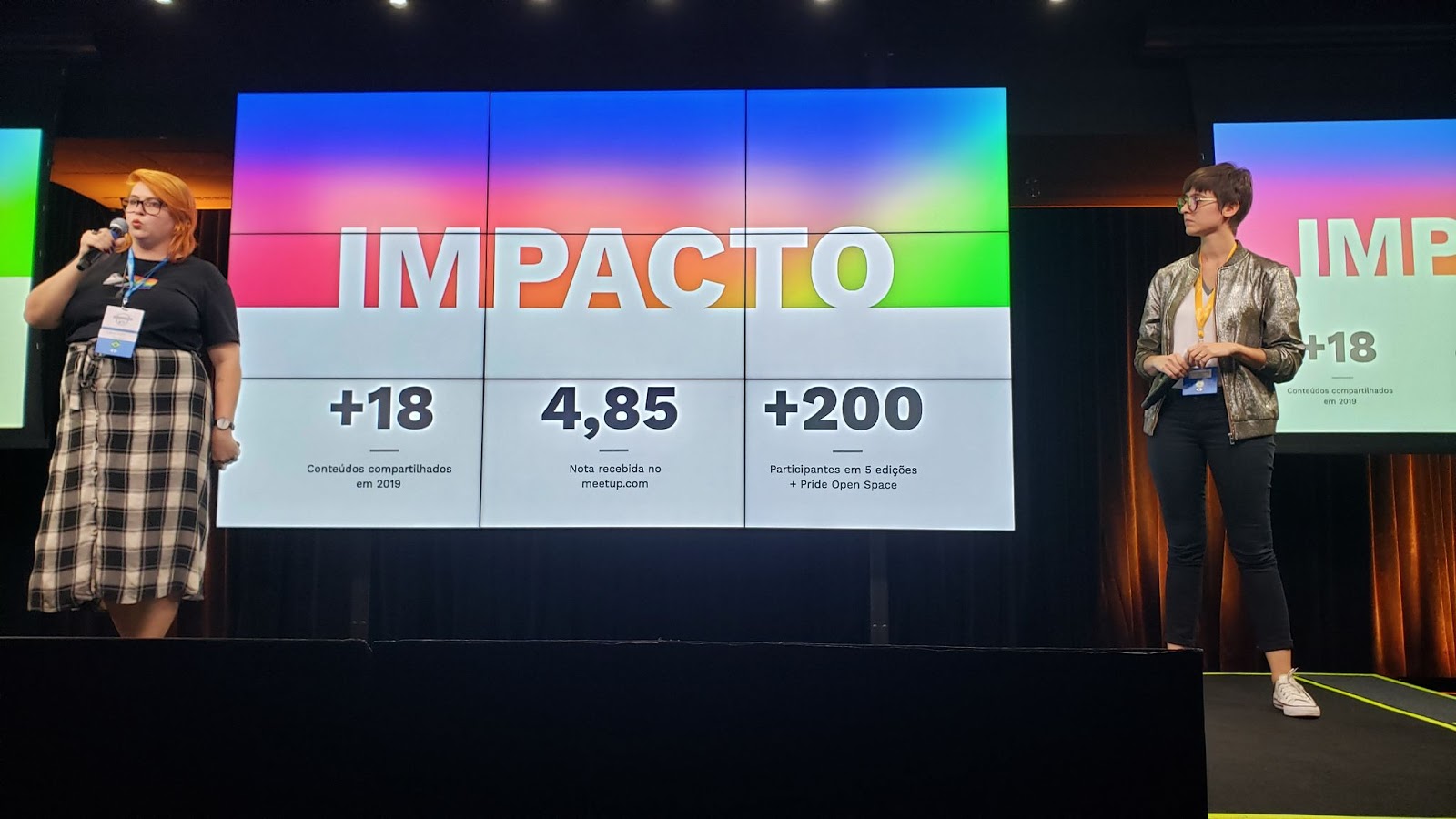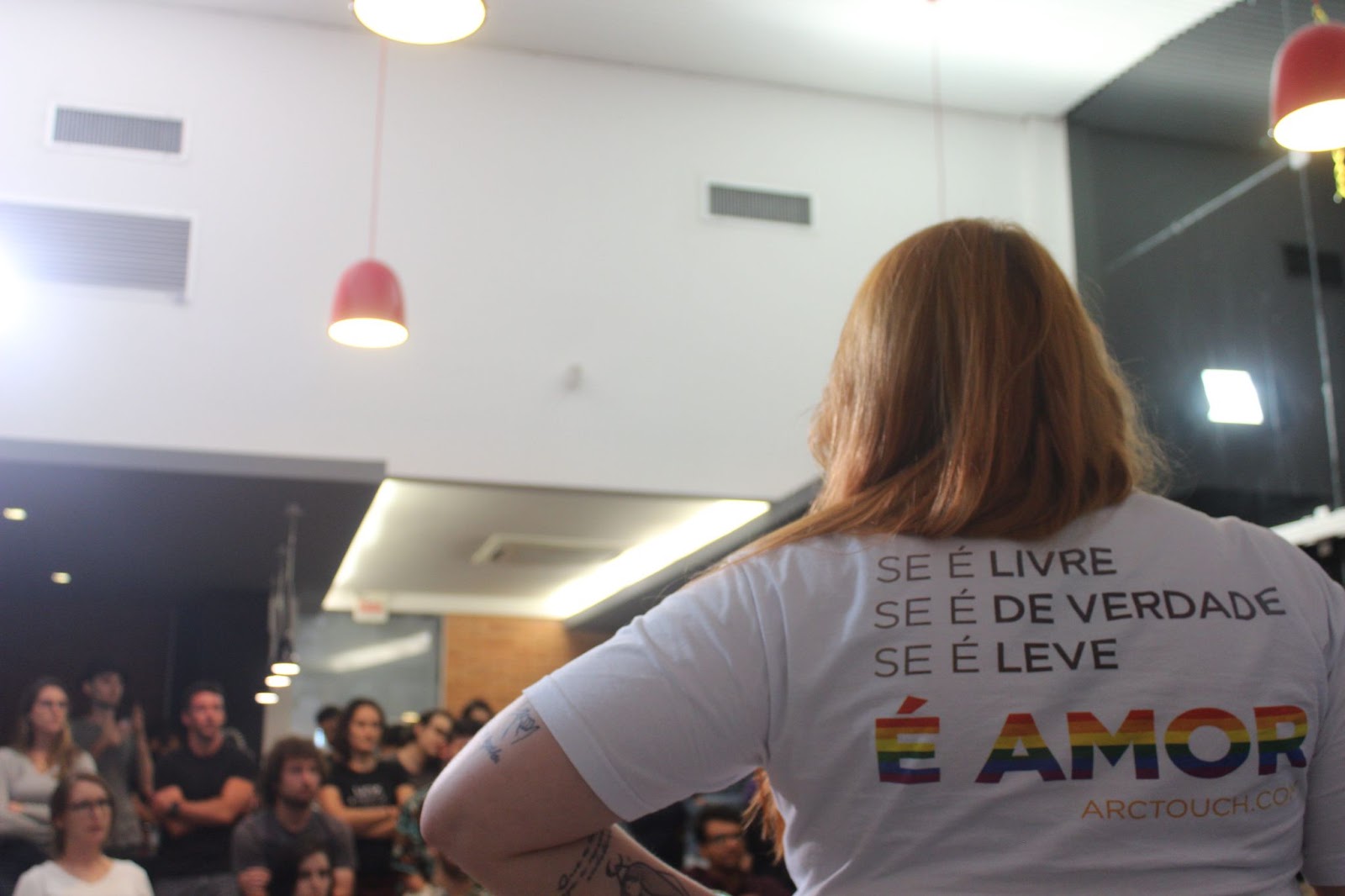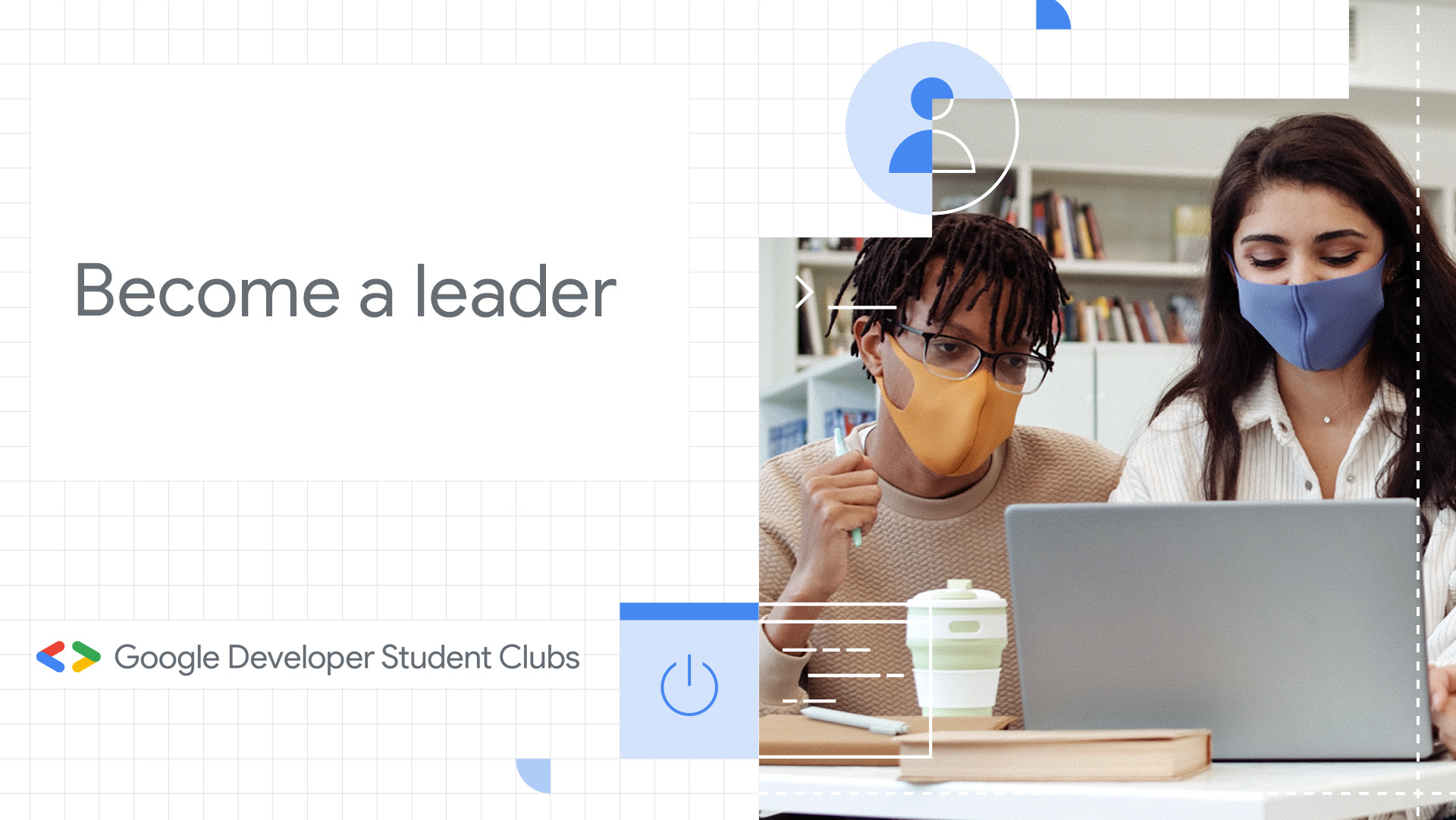
Posted by Aniedi Udo-Obong, Sub-Saharan Africa Regional Lead, Google Developer Communities
Samuel Mugisha has been very busy since we first shared his story in 2019. Back then, Samuel was a university student from Uganda who was inspired to create a mobile Immunization Calculator app to help keep track of children’s vaccinations after he saw his community using handwritten paper cards that were difficult to read and keep intact. Samuel kicked his idea into gear by forming a team with friends from GDSC Muni University, and they ended up winning the 2019 Google Developer Student Clubs Solution Challenge. The Solution Challenge is an annual event hosted by Google developers, inviting students from all over the world to develop solutions for local community problems using Google technology. Thanks to their win, Samuel and his team secured office space in Uganda and got up to speed with crucial tools like Android, Firebase, and Presto, with mentorship from some of Africa’s best at Google and other companies, as well as Google Developer Group community organizers.
Still, their project was in its earliest stages of development, and Samuel had a long way to go on the path to fixing a flawed healthcare system.
The immunization tracker’s progress
Fast forward to today, and Samuel and his team have made huge strides in building out the functionalities of their Immunization Calculator app. Lately, they’ve been working to increase the number of vaccinations the app can track and expanding to include other vaccines as well. These important updates will bring Samuel one step closer to his goal of increasing tracking and vaccinations of infants and children under a year old. Samuel and his team are also putting extra focus on improving functionality and user experience, making it easier than ever for parents to use the app to track their children’s vaccination status.

Vaccine tracking in-app
Thanks to the mentorship they received from Google Developer Experts as Solution Challenge winners, Samuel’s team was able to embed SMS messaging capabilities directly into the app. With this new functionality, the app now has the ability to remind parents to schedule their child’s next vaccine, and can provide accurate dosing information.

Vaccine reminder text alerts
In the app’s initial phase, the team relied on a simple user interface using NativeScript integrated to run on Gradle in Android Studio. Through mentorship, they found that implementing Kotlin instead was a more stable option that ran on most mobile devices. Since 2019, Felix Egaru, the core developer behind the project, has done a lot of work to add more features using Firebase. The app uses Firebase Authentication to authorize system users, Firebase Cloud Messaging to send push notifications, and Cloud Firestore to securely store user data. It also includes coverage and dropout rates, dosing instructions, and other important information thanks to Firebase. All of these new features let users access the data they need to make informed decisions about getting vaccinated. In a country with remote areas that have little to no internet access, Firebase’s offline capabilities have also proved vital for allowing healthcare workers to use the app in the field regardless of internet connectivity.
An app user joins the team
Despite all their progress, Samuel and his team still lacked the help they needed to get the app out into the world for real-time testing. Enter Kabagweri Fionah, a busy parent and small business owner who had started using Samuel’s app to keep track of her son’s vaccinations. She first discovered the Immunization Calculator app after seeing the Solution Challenge online and learning about the finalists.
Fionah immediately saw the app’s potential and knew that it could go a long way towards making a real difference in people’s lives, so she reached out to Samuel directly to see if she could join the team and help get the app out into the world. Not long after, Fionah was hired as a public relations officer, tasked with handling marketing, advocacy, and communications efforts to grow the app even further.

Kabagweri Fionah and Samuel Mugisha
Fionah joined the team at just the right time. Through her outreach efforts, Samuel and his team gained access to a local hospital in Kampala where they could actually put the Immunization Calculator to the test. Beyond just spreading the word, testing at the hospital helped them identify and fix bugs in the system and prepare their app for future, larger-scale testing. Recently, Samuel and his team reached an even bigger milestone. Thanks to Fionah’s persistence, the team was given an opportunity to deploy their project at the biggest health center in Kyegegwa District. Samuel and his team are currently working to raise funds so that they can complete a full year of system testing at the center.

Samuel at the health center in Kyegegwa District
As Samuel explains, Google Developer Student Clubs has helped his team get their foot in the door all along the way:
“Mentioning that the project was globally awarded by the GDSC program prompts someone's attention to listen to the innovation, and this has helped us during the pitching.”
Setting himself up for success
Samuel credits the Solution Challenge and Google Developer Student Clubs for helping him transform his brilliant idea into a life-changing application. He puts it best when explaining why winning the Solution Challenge was such a huge motivation for him and his team.
“It gave us a tremendous understanding of what we had on our laptops and how much it can save children's lives out there.”
Thanks to Google Developer Student Clubs, Samuel found a team of bold thinkers with the same passion to help others, and the drive to turn an idea into reality. Google Developer Experts were crucial in helping them bring the app’s functionalities to the next level. Samuel and his peers were given access to the tools they needed to grow: Coursera, Qwiklabs, Pluralsight, and Google Cloud credits to polish their development skills.
This year’s Solution Challenge Demo Day is right around the corner on August 26th, where the top 10 finalists will showcase their projects to Google and developers around the world live on YouTube for a chance to be named one of the final 3 winning teams. Samuel knows what the pressure feels like, and he’s got some great advice for the current finalists:
“Be the mastermind of your project and dwell most on the change or impact it can bring to the world. Not how big it is, or how expensive it is, or how technical it is. Success is not final and failure is not fatal. Identify what went wrong, correct and implement it, then prepare for another shot.”
Thanks to Samuel’s focus on the goal and drive to make a difference, he and his team are well on their way to making healthcare more accessible for Ugandans in his community and beyond. Google Developer Student Clubs are perfect for building solutions to help your community with other students who share your passion. Equip yourself with the knowledge you need to bring your best idea to life. Click here to find a Google Developer Community Student Club community near you.



